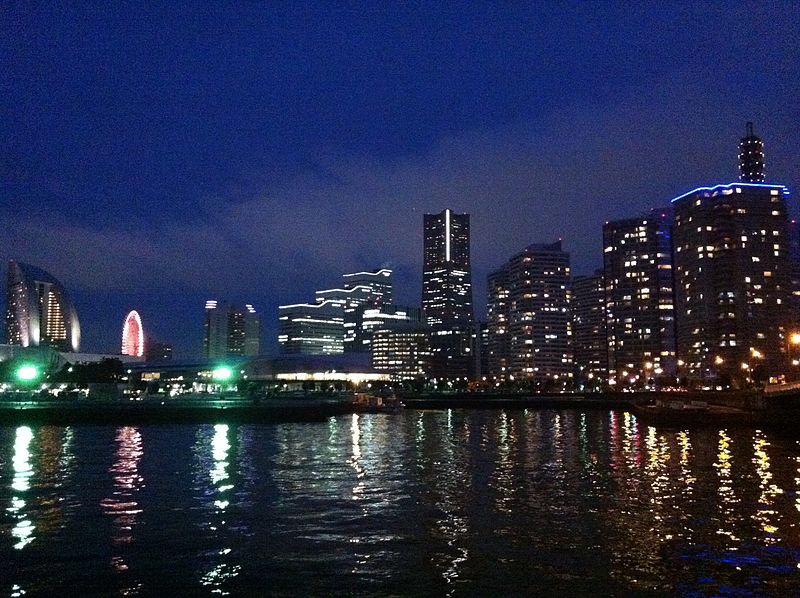Japan has taken another major step toward lifting the country’s ban on casinos and opening what could become one of the world’s most lucrative gaming markets.
On Tuesday, the lower house of the Diet (parliament) passed a casino bill that has taken years to advance and has piqued the interest of world gambling kingpins such as Las Vegas Sands, Wynn Resorts, MGM, and Genting looking to cash in on the potentially staggering market, now served only by ‘public sports’ such as horse racing and the country’s numerous pachinko halls.
Although the process took less than twenty minutes, passage of the bill was by no means unanimous with some opposition members protesting the bill by walking out. Those opposed to the bill have expressed concerns over organized crime taking control, and common citizens losing control through gambling addiction and the potential crime that could come with problem gambling.
“The bill passed through the chamber and will be sent to the upper house today,” said a parliamentary spokesperson.
The upper house, also controlled by Prime Minister Shinzo Abe’s ruling Liberal Democratic Party (LDP) is seen as almost certain to pass the measure quickly and before the current full Diet session expires on December 14.
Newspaper polls in the country, although not conducted scientifically, show that a majority of Japanese citizens are opposed to legalized gambling. Pachinko, a gambling game which resembles hybrid slots and pinball, operates in an unknown area of law but is widely considered to be entertainment rather than gambling. Players vie for prizes which are then exchanged for cash at a separate venue from the gaming hall. That industry alone brought in over $35 billion last year. Pachinko is largely controlled by Universal Entertainment’s Kazuo Okada, Sega Sammy Holdings, Japan Cash Machine Co., Ltd., and Konami.
If passed by the upper house as expected as soon as Wednesday, debate can begin in extended session or next year and another more specific law that details licensing, taxation, problem gambling, and anti-money laundering, etc. can be hammered out.
Now the race will be on to lock down market share with American and Macau operators sure to enter the fray. Although U.S. gambling markets are stable and improving, and Macau concessionaires continue to expand into Cotai and possibly Coloane below Macau, the VIP gambling industry there has suffered since Beijing commenced a crackdown on junket operators and payment processors, seeing the former Portuguese enclave’s gross gaming revenue plummet from a peak of US$45.2 billion in 2013 to US$28.33 in 2015. However the last few months have seen a correction back to growth in Macau.
Prime Minister Abe has championed the bill and all hopes had been on the possibility of casinos being opened before the 2020 Olympics. Now revenue from casinos might be used to pay for tourism infrastructure as outside visits increase and remain strong after the Olympics. Some estimates predict a steady flow of more than 20 million tourists per year entering the country.
The first steps after legalization are seen by many to be choosing casino locations with high traffic areas such as Osaka, Yokohama, Tokyo, and Sapporo leading the way. Then operators, who have already spent years preparing for the law will compete for tenders.



